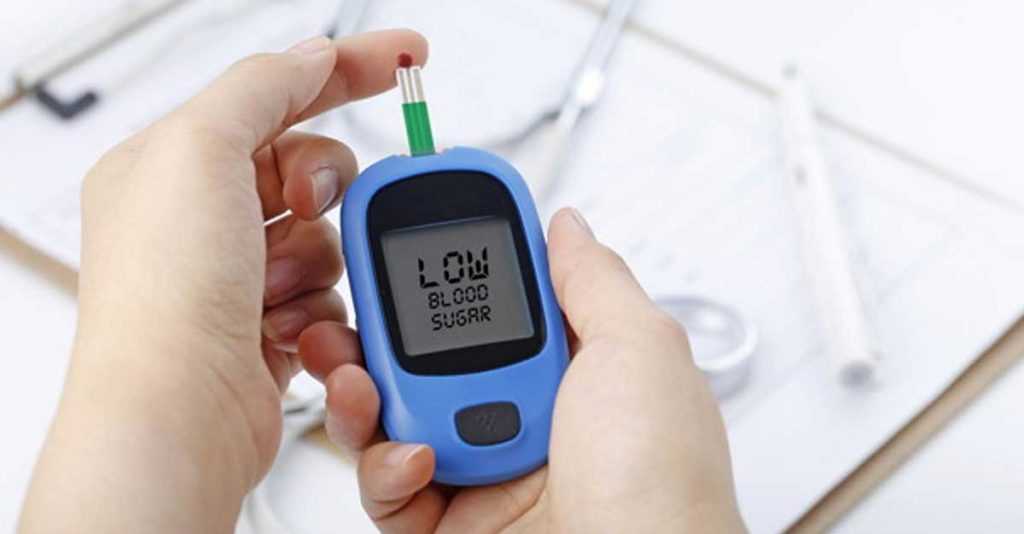Frozen shoulder is a very familiar term which is also known as adhesive capsulitis. It is a condition which is characterized by stiffness and pain in your shoulder joint. Its signs and symptoms usually begin gradually, get worse over the time and then resolve within a period of one to three years. If you are experiencing some sort of stiffness and pain in your shoulder joint then you should consult with the best Orthopedic Surgeon. This condition develops slowly and in three stages (freezing, frozen, and thawing stage) and for some people, the pain worsens at night and even disrupts their sleep.
Causes:
The bones, ligaments, and tendons are responsible to make up your shoulder joint. These all are covered in a capsule of connective tissues and frozen shoulder occurs when this capsule gets thickens and tightens around the shoulder joint, which results in pain, stiffness, and restricting the shoulder movement.
The exact cause of frozen shoulder is still not fully understood and doctors aren’t sure why this happens to some people, as it cannot always be identified. But visiting a general physician regularly may help you to reduce the symptoms of any medical condition.


Risk Factors:
There are certain factors that may increase your risk of developing a frozen shoulder.
Gender:
It is not necessary but mostly it happens in women. Experts believe that women go through with different hormonal changes such as menopause, which makes them more likely to develop frozen shoulder.
Age:
Although frozen shoulder occurs at any age, it often affects adults between the ages of 40 and 60. In fact, it has been reported that particularly women above the age of 40 have this condition.
Diabetes:
Frozen shoulder is very much common in people who have diabetes. The reason for this is still unknown but according to some experts. It is due to the attachment of glucose molecules to the collagen proteins, which is naturally found in the shoulder joint capsule, causing stiffness.


Other Diseases And Conditions:
In addition to diabetes, there are other conditions and health issues that can increase the risk of developing a frozen shoulder. These include:
- Depression
- Thyroid problem (hypothyroidism and hyperthyroidism)
- Stroke
- Tuberculosis (TB)
- Cardiovascular diseases
- Lung disease
- Breast cancer
- Parkinson’s disease
- Open heart surgery
- Polymyalgia rheumatic (an inflammatory condition causing stiffness and muscle discomfort)
People who have had prolonged immobility or reduce the mobility of the shoulder are also at higher risk of developing a frozen shoulder. This may be due to the result of some injury, broken arm, or a stroke. But after recovering from the injury consult with the physiotherapist. Talk with him about exercises that you can do to maintain the range of the motion of your shoulder joint.





